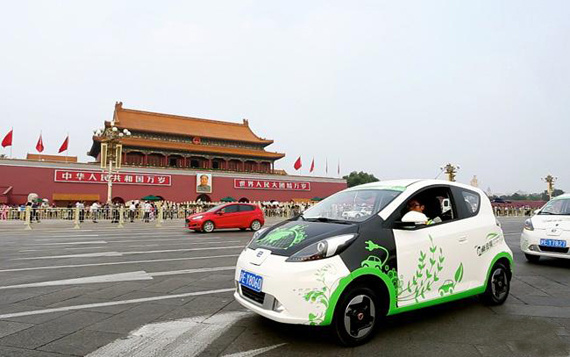Press release: New measures to protect against Avian Flu
The Government Chief Vet has confirmed new measures to protect against avian flu that take a more targeted approach to controlling the disease.
Following plans set out earlier this month, all poultry keepers across England must continue to observe strict biosecurity measures, with housing or netting required in higher risk areas.
This approach is based on the current situation and the latest veterinary advice, which concludes that it is the best option to control disease, protect birds’ welfare and ensure consumers can buy free range products.
This new approach will apply from 28 February, when the current prevention zone expires. It gives most keepers the option to let birds outside whilst still taking reasonable precautions against avian flu. The ban on poultry gatherings remains in force.
All poultry keepers – whether they keep a commercial flock or a few chickens in their back garden – must continue to practise strict disease prevention measures, following Defra’s guidance to take steps to reduce the risk of infection via the environment.
Chief Veterinary Officer Nigel Gibbens said:
Effective disease control will always be our priority. H5N8 continues to circulate in wild birds and we must all continue to do everything we can to reduce the risk of disease. All keepers across the country must follow strict mandatory disease prevention measures.
Based on clear scientific evidence, the risk from wild birds is too high in some areas of England to rely on biosecurity measures alone. That’s why we are requiring birds in Higher Risk Areas to be housed or protected from wild bird contact by netting.
We believe this is the best approach to control disease, protect birds’ welfare and ensure consumers can buy free range products. As with any disease control measures these will be kept under review based on the latest situation and up-to-date scientific advice.
The risk of disease across the country remains high and measures are likely to be in place until at least the end of April.
The advice from Public Health England is that the risk to public health is very low and the Food Standards Agency has said there is no food safety risk for consumers.
What poultry keepers must do
H5N8 is spread from wild birds, as well as from infected kept birds, which is why people who keep poultry are currently required to take action to try to avoid contact between poultry and wild birds – either direct, bird-to-bird contact, or indirect contact via the environment, where disease can be spread through things like contaminated bird droppings.
The best way to avoid contact between poultry and wild birds is to keep them housed in a suitable building. However, the new targeted approach is designed to give keepers options and allow free range production to continue.
-
Keepers in higher risk areas must continue to keep birds housed or netted. This is because, based on extensive scientific advice, we believe the risk from wild birds in these areas to be higher. These areas are close to large bodies of water where wild waterfowl congregate. We have published a paper outlining the rationale behind these areas and you can see if you are in one using our interactive map.
-
All other keepers can choose to continue to house birds or let birds outside into fenced areas, but must follow strict Defra guidance to reduce the risk of infection. This includes a risk assessment to check that outside areas are not contaminated and the risk of contact with wild birds is low. If you have any concerns you should continue to house your birds or keep them in covered runs or netted areas.
The H5N8 strain of the disease has been confirmed at a poultry farm in Suffolk, three linked premises on a commercial game farm in Lancashire, three separate poultry farms in Lincolnshire and in backyard flocks in North Yorkshire and Carmarthenshire. Where avian flu is confirmed, we take swift action to limit the spread of disease with restrictions around affected premises and full investigations to determine the source of infection. Further details of these cases are available in our rolling news story.
Background
-
This announcement follows plans set out earlier this month.
-
Keepers can find out if they are in a Higher Risk Area using our interactive map.
-
Keepers should read our guidance on what they must do under the new Prevention Zone.
-
Read Defra’s rationale for Higher Risk Areas in England from 28 February.
-
For further information on what the new Prevention Zone means for poultry keepers, contact the Defra helpline on 03459 33 55 77.



